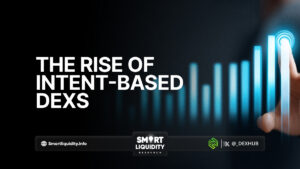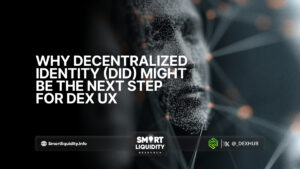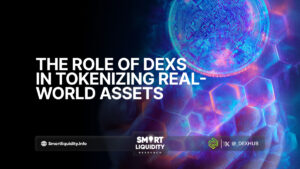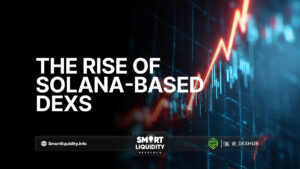Market Behavior and Trust Dynamics in Decentralized Exchanges (DEXs)


Decentralized exchanges (DEXs) have significantly changed the landscape of digital asset trading. Unlike traditional exchanges, DEXs operate without a central authority, offering users more autonomy and control over their assets. However, as these platforms continue to grow in popularity, understanding the market behavior and trust dynamics within them becomes crucial for both traders and developers.
Market Behavior in DEXs
One of the primary distinctions between centralized and decentralized exchanges is the absence of a central party overseeing transactions. This lack of central control influences market behavior in various ways. In DEXs, users trade directly with each other, often using liquidity pools and automated market makers (AMMs) to facilitate trades. Consequently, market liquidity in DEXs can be less predictable than centralized platforms. The price of assets on a DEX is determined by the ratio of assets in the liquidity pool, which can fluctuate based on trading activity.
Moreover, since DEXs rely on smart contracts to execute transactions, these platforms are more vulnerable to bugs and security vulnerabilities. Such risks can affect the market dynamics, causing sudden price swings or failed transactions. However, this transparency of code is often viewed positively by those who value open-source platforms, as it allows users to audit and verify the protocols in use.
Trust Dynamics in DEXs
Trust in DEXs operates differently than in centralized exchanges. Traditional exchanges often rely on a central authority to verify transactions and ensure the security of users’ funds. In contrast, DEX users must trust the technology and the underlying smart contracts. Trust is also cultivated by the community, as DEXs rely on decentralized governance and user participation to evolve and improve.
However, despite these advantages, trust issues can still arise due to vulnerabilities in smart contract code or malicious actors trying to exploit these weaknesses. Additionally, the relatively new nature of DEXs means that many users may still feel uncertain about the security of their funds. As a result, DEX developers must work continuously to improve security protocols and educate users about potential risks.
Conclusion
In summary, decentralized exchanges are transforming the way digital assets are traded, yet market behavior and trust dynamics remain complex. While DEXs offer greater control and transparency, they also present new challenges related to liquidity and security. As the ecosystem matures, both developers and users must navigate these dynamics carefully to ensure the continued growth and adoption of decentralized exchanges.
DISCLAIMER:
“The information provided on this platform is for general informational purposes only. All information on the platform is provided in good faith; however, we make no representation or warranty of any kind, express or implied, regarding the accuracy, adequacy, validity, reliability, availability, or completeness of any information on the platform.”




